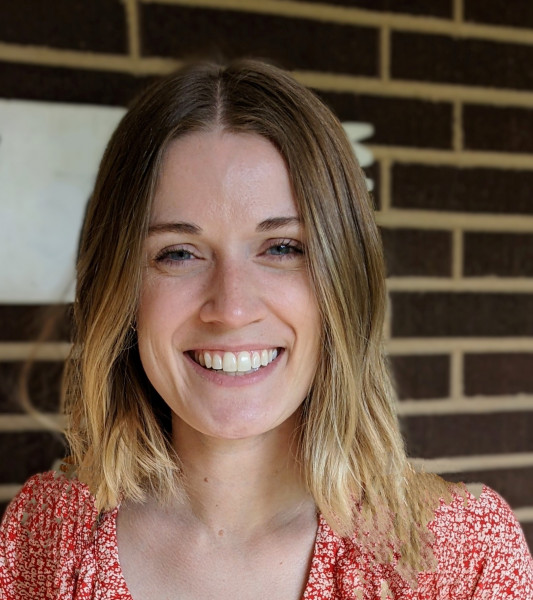Ph.D. Student
About
Find Me On:
linkedinRole:
Graduate StudentPosition:
- Ph.D. Student
- Graduate Research Assistant
Concentration:
- Transformative Justice
- Participatory Research Methods
- Queer Criminology
- Health Equity
Department:
- Sociology
Education:
- M.A. in Mental Health Counseling and Behavioral Medicine from Boston University
- B.A. in Theatre and Music from Oklahoma State University
Curriculum Vitae:
Biography
Anne is a mental health counselor and doctoral student researcher at Colorado State University. Recently recognized as a doctoral fellow of the Academy of Criminal Justice Sciences, Anne offers both practical experience and academic insight. She has provided evidence-based mental health care in carceral settings, problem-solving courts, and community reentry programs through a number of treatment modalities. In addition to working with justice-involved people in these spaces, she has designed and delivered trainings and workshops on trauma-informed practices for correctional staff. As a researcher, Anne focuses on the relationship between gender, marginalization, and the criminal justice system through participatory methodologies. She explores alternatives to incarceration by collaborating with diverse stakeholders, including justice-involved individuals and their families, to gain a deeper understanding of how impacted communities experience the criminal justice system. Anne is dedicated to ensuring that research is not only relevant and accessible to a broad audience, but also instrumental in advancing more equitable and effective justice practices.
Publications
Uhlman, Anne. 2024. “’Deliberate indifference:’ Challenging state-sanctioned sexual violence against transgender people in carceral spaces.” Critical Criminology (in press).
Abplanalp, S., Mote, J., Uhlman, A.C., Weizenbaum, E., Alvi, T., Tabak, B.A., and Fulford, D. 2022. “Parsing social motivation: Development and validation of a self-report measure of social effort.” Journal of Mental Health 31(3):366-373.
